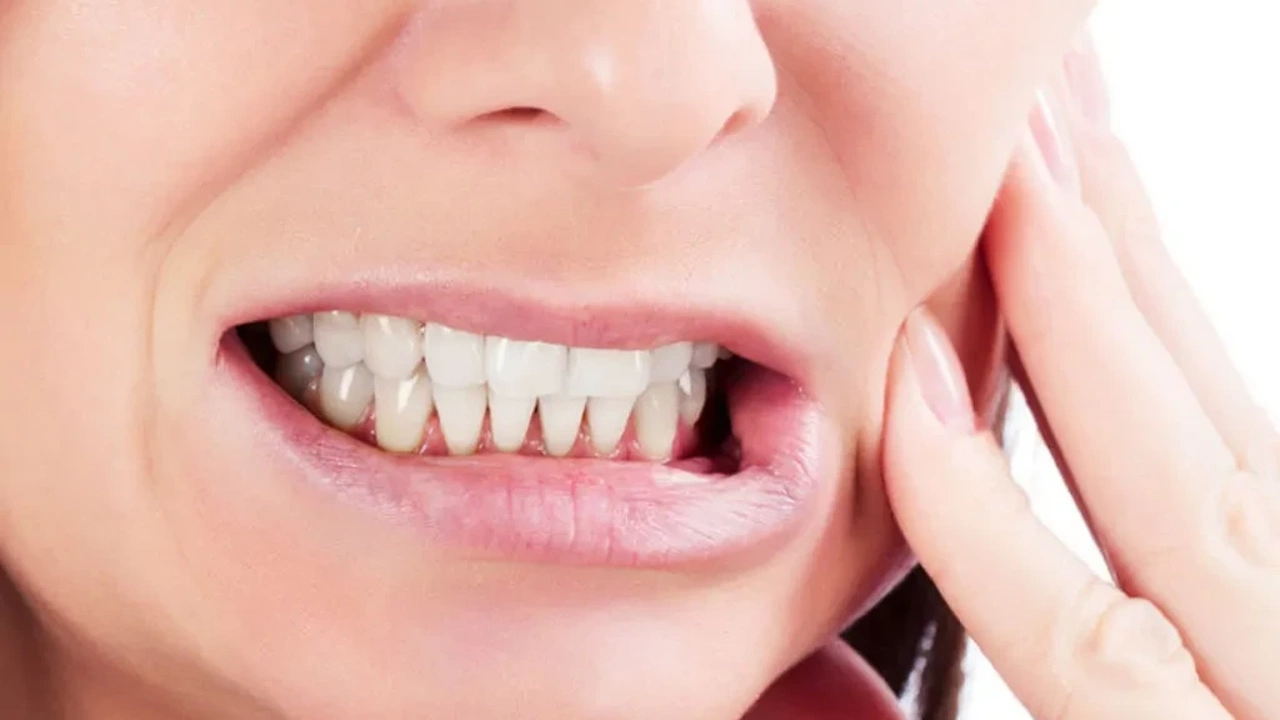Today is an incredible day! Our new book, "Solving the Migraine Puzzle – A Comprehensive Guide to Migraine Relief," has finally been released. The pre-sale is now available, and we could not be more thrilled!
My colleague, Dr. Damian, and I, Dr. Beth, are both osteopaths at Melbourne Headache Solutions. We created this book because we noticed the pressing need for people suffering from headaches and migraines to understand their condition and take control of their health. Chronic headaches and migraines are often misdiagnosed, mistreated, and mismanaged, leaving millions of people struggling with pain and discomfort.
We wanted to put together this comprehensive guide to clear up the misinformation and help people take control of their headaches and migraines. Our passion is helping people with chronic headaches and migraines, and we are eager to share our knowledge with you.
Check out the page, check out the link, check out the book.
For more information or if you ha...




